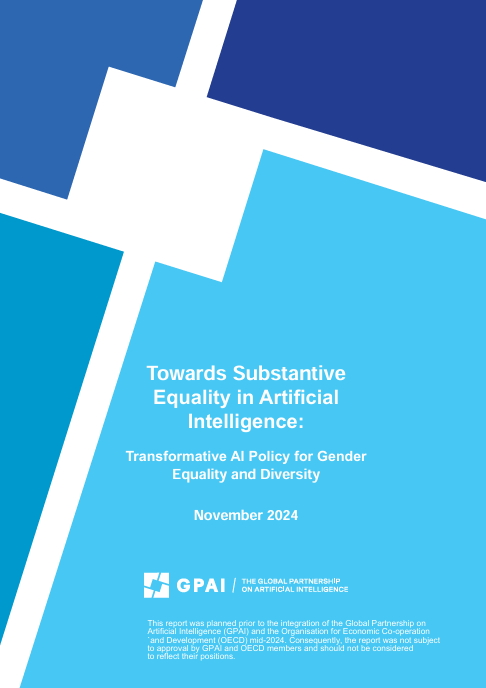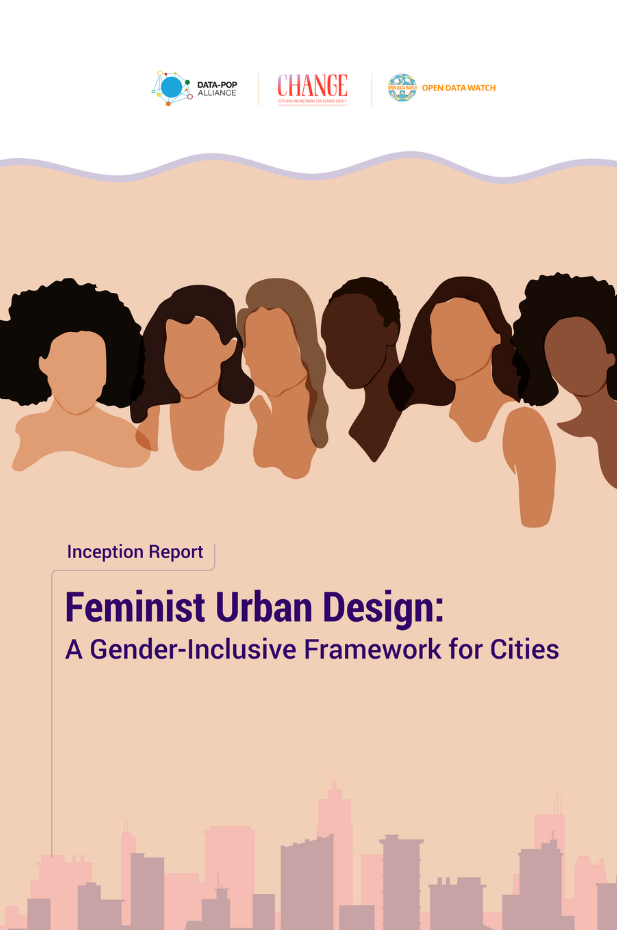Please kindly read the entire job posting. Application instructions are located at the end.
Data-Pop Alliance is looking for a Data Scientist & Engineer. We are an international nonprofit created in 2013 out of the Harvard Humanitarian Initiative (HHI), the MIT Media Lab and ODI. We bring together researchers, experts, practitioners, and activists to change the world with data through three pillars of work: diagnosing local realities and human problems with data and AI; mobilizing capacities, communities, and ideas towards more data literate societies; and transforming the systems and processes that underpin our societies and countries.
DPA has partnered with and received funding from organizations such as the Inter-American Development Bank, UNDP, FAO, UN ESCWA, GIZ (German development agency), the Vodafone Institute, Oxfam México and other key international stakeholders to develop projects in Sub-Saharan Africa (SSA), Latin America and the Caribbean (LAC), the Middle East and North Africa (MENA), and Asia. To learn more about DPA, please visit our website or read our “Outlook and Overview” annual reports for 2019-20, 2020-22 and 2021-23.
DPA’s projects are managed and carried out by a core team of about 31 people, including Directors, Managers, Officers, Data Scientists, Data Engineers, Developers, Research Assistants, and Interns.
Dates: Immediate start. 3-month trial period with a longer-term contract to follow, based on performance.
Location: Remote
Scope of Work:
Reporting to the Data, Technology and Innovation Director and working closely with the Data Team. Amongst others, primary activities for the Data Scientist/ Engineer include:
- Data Collection and Management:
- Design and implement efficient data collection processes from various internal and external sources.
- Clean, preprocess, and ensure the integrity and quality of data.
- Develop and maintain databases and data warehouses to store and manage data securely.
- Data Analysis and Insights:
- Perform exploratory data analysis (EDA) to identify trends, patterns, and insights.
- Apply statistical analysis and machine learning techniques to solve specific problems and inform decision-making.
- Create and present data visualizations to effectively communicate findings to stakeholders.
- Assess and quantify limitations and uncertainty of outputs.
- Predictive Modeling and Machine Learning:
- Develop and validate predictive models.
- Implement machine learning algorithms and frameworks (e.g., Scikit-learn) to address key challenges.
- Continuously monitor and learn new machine learning models, including LLM.
- Data Infrastructure and Pipeline Development:
- Design and develop robust data pipelines for seamless data flow and integration.
- Implement ETL (Extract, Transform, Load) processes to automate data collection, cleaning, and integration from scratch.
- Ensure data security, compliance with data privacy regulations, and establish data governance policies.
- Reporting and Documentation:
- Prepare comprehensive reports and presentations summarizing analysis results and actionable insights.
- Document methodologies, workflows, and code to ensure reproducibility and facilitate knowledge sharing.
- Implement, develop and maintain interactive dashboards.
- Collaboration and Support:
- Collaborate with cross-functional teams, including managers, researchers, and the Data Team, to understand data needs and provide tailored solutions.
- Provide technical support and training to staff on data-related tools and best practices.
- Participate in team meetings and contribute to strategic discussions on data utilization.
- Research:
- Use and test state-of-the-art methodologies for collecting, processing, and analyzing data on topics relevant to the development and humanitarian sectors, including monitoring and evaluation, data-driven public policy recommendations, inequalities, socioeconomic data, gender data, etc.
- Propose and/or creating methodologies that leverage non-traditional data sources to understand humanitarian and development problems.
- Fundraising:
- Participate in developing technical grant proposals.
Profile/Qualifications:
- MSc/MA in Computer Science, Statistics, Applied Mathematics, Data Science, or any other related field is required. A Bachelor’s degree in computer science, statistics, or a related field is a plus.
- Highly proficient and experienced in Python, backend Django and React is desirable.
- Experience in Docker
- Experience in CDCI (Continuous Development and Continuous Integration)
- Experience in cloud computing is desirable (AWS and Google Cloud).
- Experienced with Linux
- Experience with LLM is a plus.
- Bilingual proficiency in English is requisite (able to write and deliver conferences, reports, etc in both languages). Arabic, French or Spanish is highly desirable.
- Excellent interpersonal and communication skills.
- A self-starter, disciplined, driven, eager to learn, grow and make an impact.
- Successful experience working in a multicultural environment with partners and people of different backgrounds and levels of seniority.
- Availability to travel (only if necessary).
- Working experience applying data science to social science research and/or development field is highly desirable.
Remuneration: Competitive and based on experience.
Recruitment Process:
Qualified candidates are requested to submit a CV, a cover letter with two academic or work references to jobs@datapopalliance.org with the subject line “R2024004_DS-DE” by May 31, 2024, 6:00 pm EST. Candidates will be reviewed on a rolling basis, so early application is strongly encouraged.
Please note that only complete applications submitted in English will be considered. Due to the large volume of applications, only short-listed candidates will be contacted. Please rename each document with your name, the position and the type of document. Ie. FIRSTNAME LASTNAME_Position_CV and send them in PDF format.
Equal opportunity
Data-Pop Alliance employs personnel without regard to race, ancestry, place of origin, color, ethnic origin, language, citizenship, creed, religion, gender, sexual orientation, gender identity, age, marital status, physical and/or mental handicap or financial ability. While remaining alert and sensitive to the issue of fair and equitable treatment for all, Data-Pop Alliance has a special concern with the participation and advancement of members of four designated groups that have traditionally been disadvantaged in employment: women, visible minorities, aboriginal peoples and persons with disabilities.



